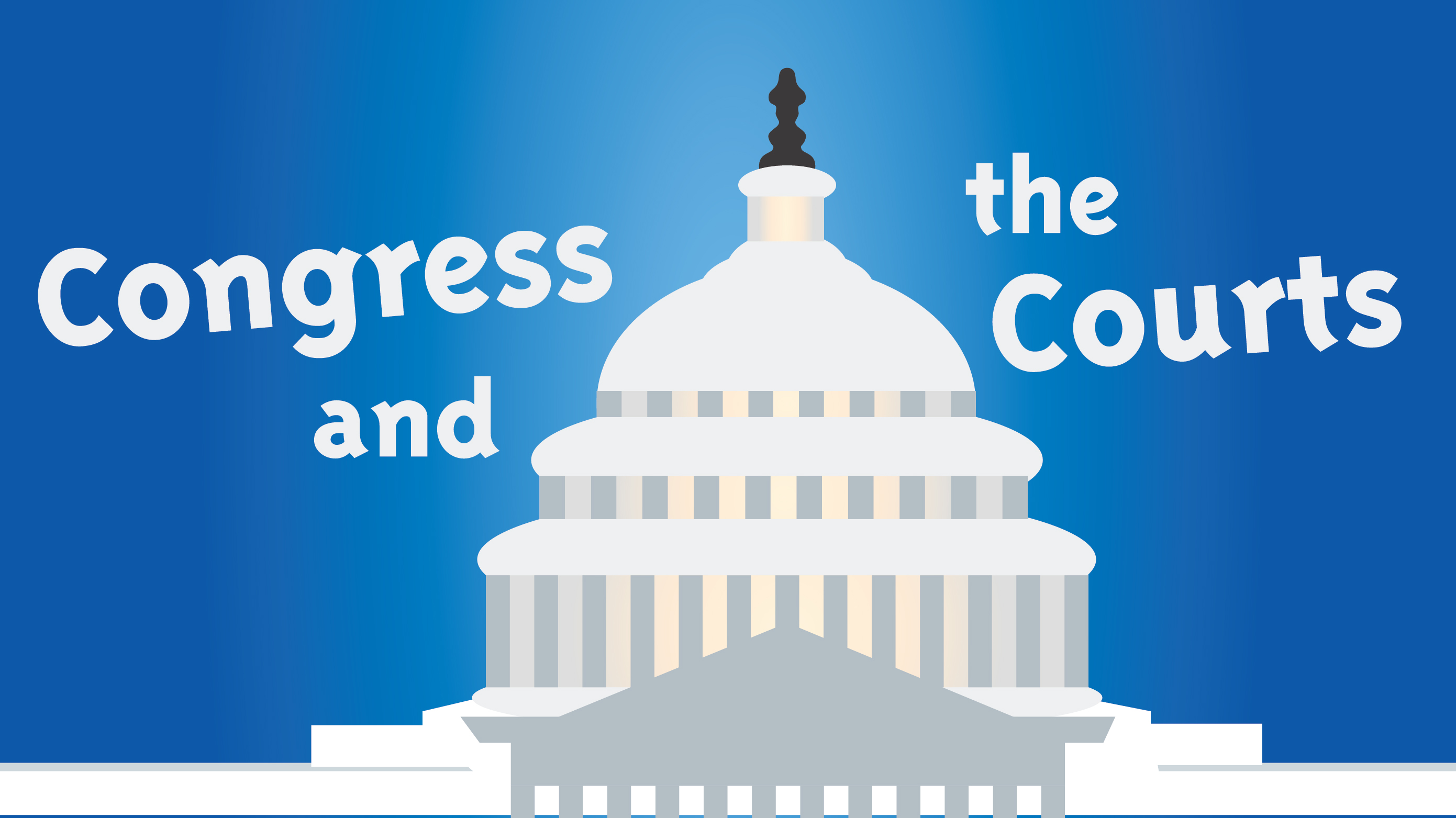
Climate case frozen by Supreme Court
By: Connor McNairn, Columnist
Although its implications are dire, climate change is an issue that has been relatively avoided by both voters and candidates alike. In general, voters turn out in higher quantities to influence economic, immigration and health care policies. In 2015, however, a small group of children and young adults set out to change the tired narrative of environmental apathy.
Twenty-one children and young adults, represented by the Our Children’s Trust organization, filed a lawsuit against the federal government under the Obama administration in 2015, claiming that governmental neglect of climate realities was inflicting real and tangible damage to their lives. Within the lawsuit – Juliana v. United States – the young people argued that, given their ages, they were “especially vulnerable to the dangerous situation.” More broadly, the group built its argument on the foundation that a lack of response to climate change from the federal government violated the young peoples’ constitutional protections of a safe and inhabitable environment.
The plaintiffs in the case are seeking a court-ordered restriction on fossil fuel authorization and carbon dioxide emissions.
The federal government has, under both the Obama and Trump administrations, attempted to get the case thrown out for the past three years. And on Friday, Oct. 19, the Justice Department’s request for a stay on the trial was granted by the Supreme Court’s Chief Justice John Roberts.
While the case was set to go to trial on Oct. 29, it is temporarily frozen from proceeding pending the plaintiff’s response, which is due by Oct. 24.
The case brings to the fore a debate surrounding the rights and health of individuals and how those rights ought to be perceived by policymakers. Noel Francisco, the Solicitor General of the United States (tasked with arguing for the federal government in Supreme Court cases), characterized the lawsuit as an effort to “redirect federal environmental and energy policies.” Francisco also argued that such policies are to be crafted by the legislature and judicial attempts to influence them are examples of overreach.
It is true that there is a general lack of judicial precedent regarding the government’s responsibility to protect citizens from climate change realities. Customarily, issues regarding climate change would be addressed by the legislature or executive.
But under the Trump administration and current Republican Congress, any type of climate change relief in the form of policy is unlikely.
Historically, the Supreme Court has stepped in and created new precedents when legislative and executive processes have fundamentally threatened or mistreated individuals under the protection of constitutional doctrine. It did so in its Brown v. Board of Education I ruling, when the legislature failed to author any legislative remedy for school segregation; it did so in Griswold v. Connecticut, when a state fundamentally violated the privacy rights of individuals by outlawing the use of contraceptives in individual households; and it did so in Roe v. Wade, when it overruled legislation that unconstitutionally criminalized a woman’s right to choose.
Many observers of and participants in this case, like Francisco and Attorney General Jeff Sessions, will claim that a typical legislative jurisdiction over climate policy necessitates the judicial dismissal of this case. But if history has taught us anything, it should be clear that the judiciary has rightly intervened when other branches of government proved most impotent.
The current political makeup of the Court makes any sort of judicial remedy highly unlikely in a case regarding climate policy. That said, it is likely that if Juliana fails to proceed, similar cases will make their way through the judicial system in the future.

